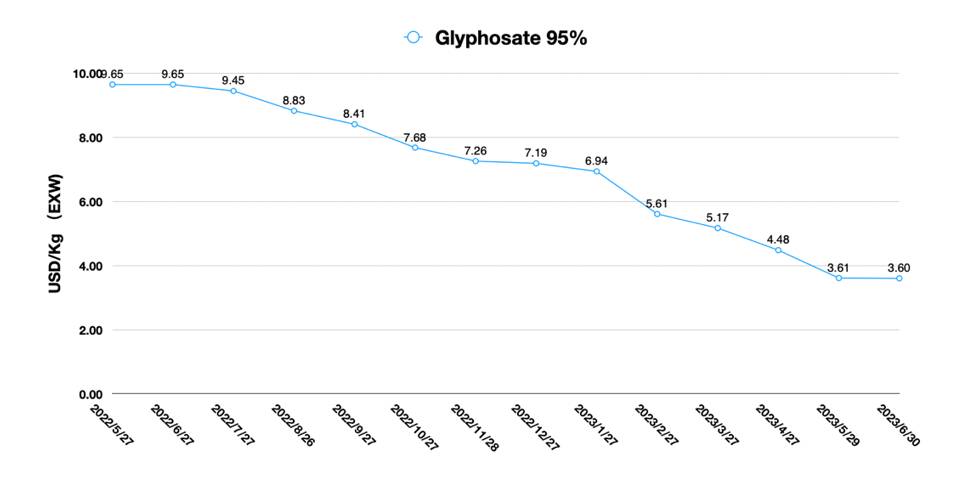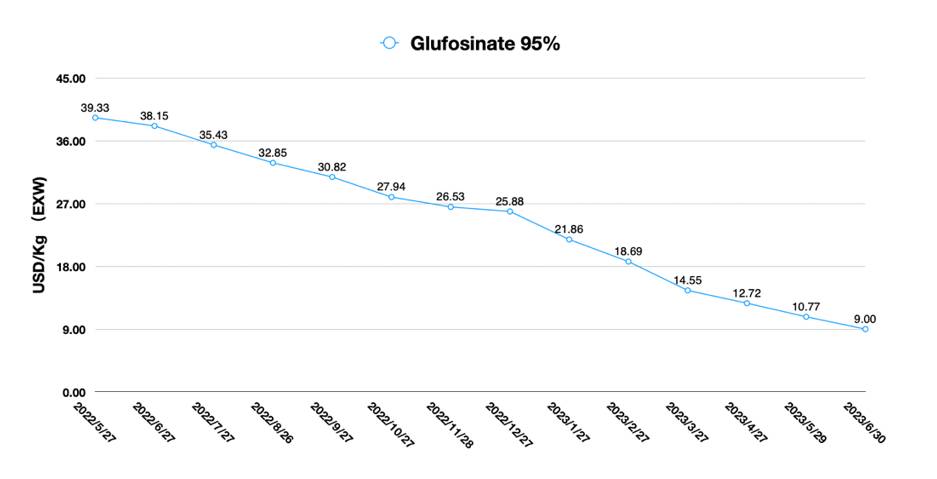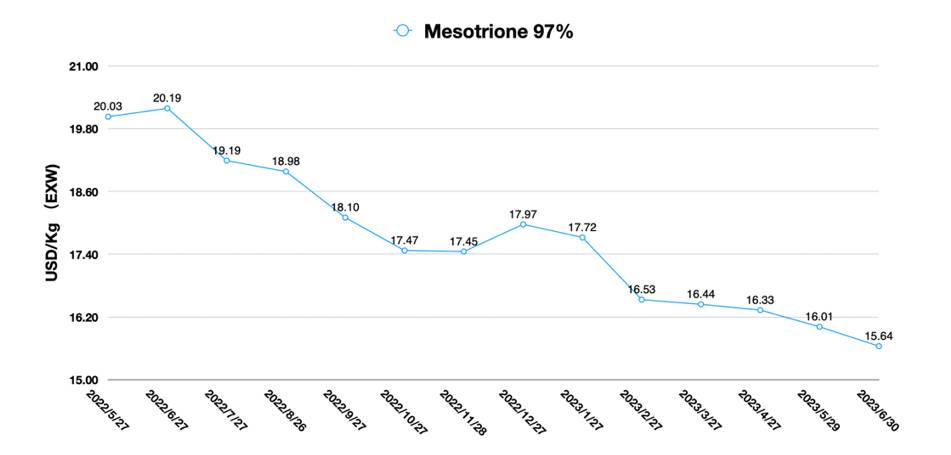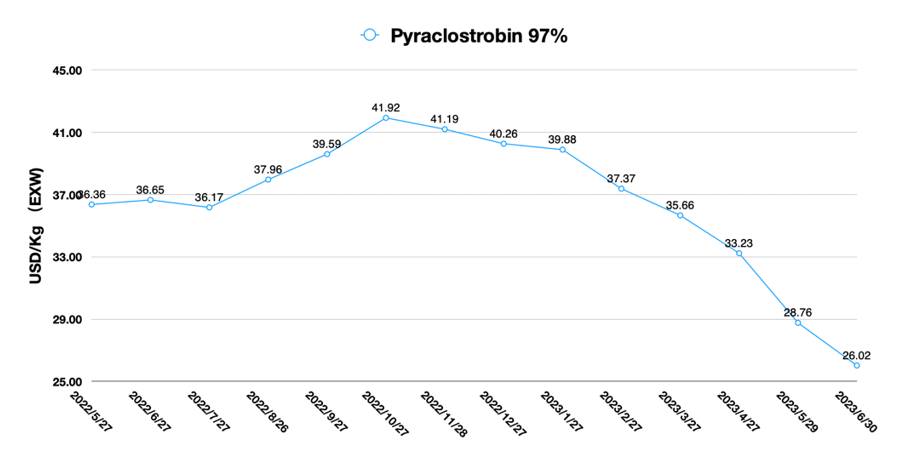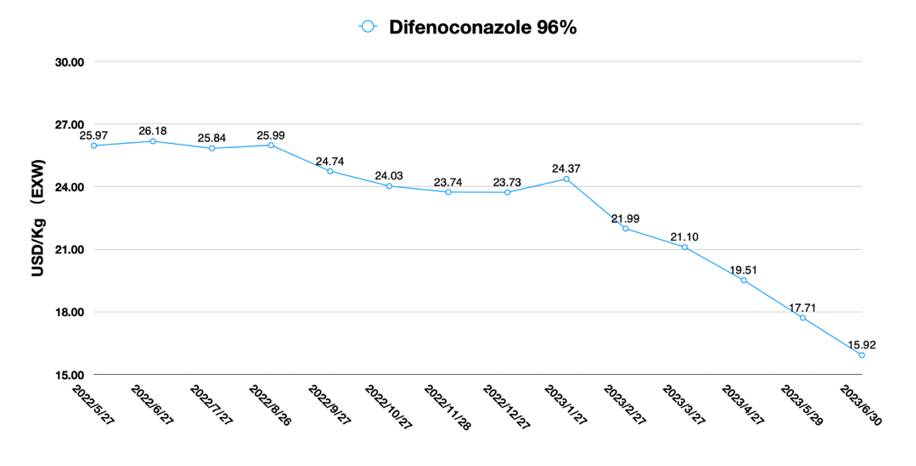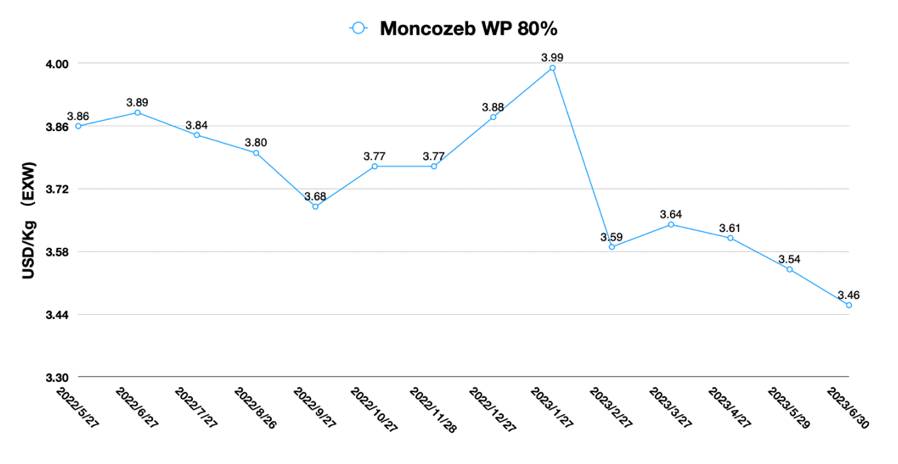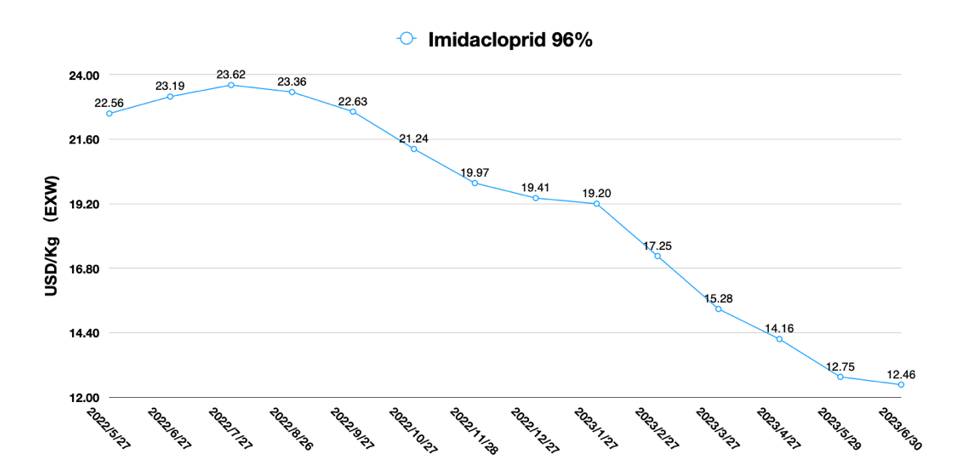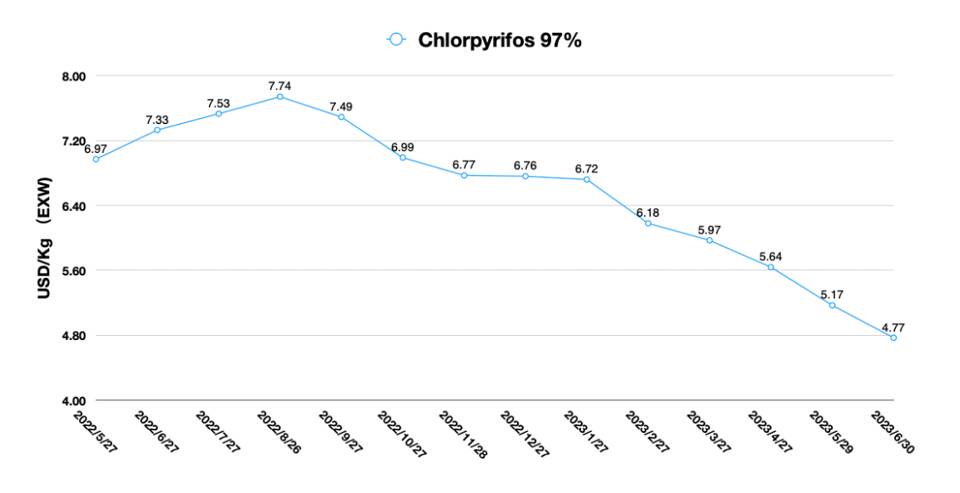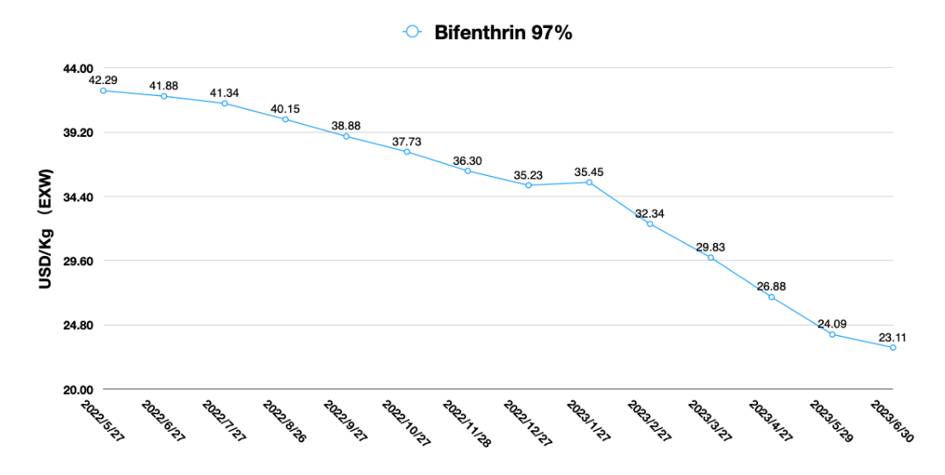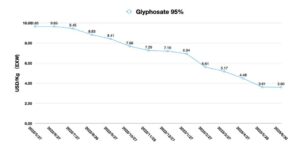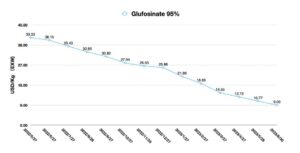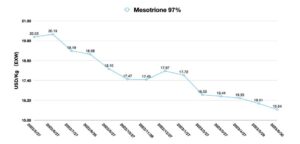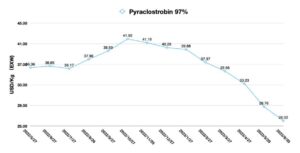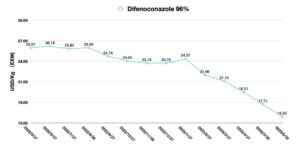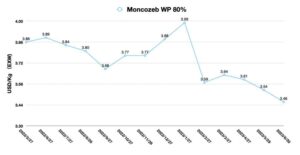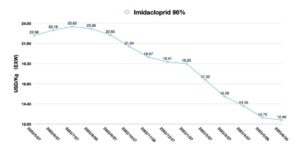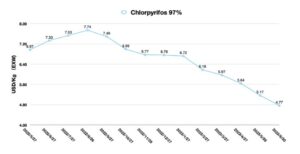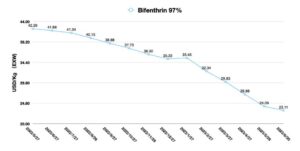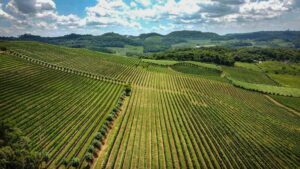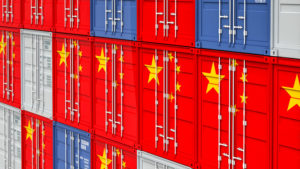China Price Index: Three Takeaways for Chinese Agrochemical Companies’ Strategic Thinking
Editor’s note: Contributing writer David Li offers a snapshot of current price trends for key herbicides, fungicides, and insecticides in the Chinese agrochemical market in his monthly China Price Index. Below he also outlines three strategies that can help Chinese ag chem manufacturers navigate challenging times.
During market downturns, companies often hide many crises. One of the most serious crises is that the team can easily become skeptical of the business leaders. When times are good, anyone can link business performance to individual contributions. But once the business performance receives a shock, skepticism for business leaders appears.
China’s pesticide supply market is at the bottom of a consolidation. For Chinese agrochemical companies, there are three key points that should be given extra attention.
Accept Uncertainty
Facing reality is always a prerequisite to help the team make the right decisions. But it is also the most difficult to accept. Embracing uncertainty is the first step if a business is to safely navigate the downturn in the industry.
Opportunities have become scarcer during the 2023 de-stocking phase of the global crop protection industry. The risk of capturing earnings growth through large-scale investments in production facilities is increasing dramatically. As China’s active ingredient supply market is already infinitely closer to being a fully competitive market, the zero-sum game is one in which companies can only compete fiercely for “stock” demand. This is likely to make the management teams of the leading agrochemical companies even more obsessed with the fantasy of “doing the right thing at the right time.” The so-called “do the right thing, take the hard way” has once again become a key strategy for managers. The problem is that even when the right investments are made, the demand doesn’t always come in the direction the entrepreneur sets. Leaders’ dependence on their own past achievements has in fact become a real bottleneck for many companies.
Change In Demand
The logic of global demand has shifted from “demand-oriented” to “value-oriented.” As the demand for high-margin and sustainable contracts in the Chinese market dries up, the ROI-driven approach to product development is like a train heading for a cliff. Abnormal demand from overseas since 2021 has led to a generalized pursuit of higher performance by Chinese pesticide companies. Overseas distributors’ early demand and lifting safety stocks had given China domestic agrochemical companies the illusion of a “booming market.” This triggered an unrealistic pursuit of performance. While more companies are focusing on their own profitability, they are neglecting the real value they can provide to end-users in agriculture, the farmers in the field.
The B2B business model of Chinese pesticide companies relies on planned inquires brought in by multinational companies and key distributors. For this reason, it is too difficult for Chinese companies to form a business ecology, which is crucial for agribusiness. It helps companies explore business boundaries to find the key value needs of end users.
At 2023 Innovation Summit, Bayer has announced its Crop Science Division will capitalize on opportunities presented by the shift to regenerative agriculture to grow in adjacent markets in addition to its core business of seeds, traits, crop protection and digital, according to the news on AgriBusiness Global. Bayer CropScience is continually exploring new boundaries of business needs in the agricultural economy through innovations in promising market segments. With a business ecology, demand is self-generated naturally, taking root like malt in the field. In contrast, as upstream raw material suppliers, B2B demand cannot grow naturally for Chinese companies. Therefore, future revenue planning would be very critical for Chinese sales team. Under the planning demand model, it is almost impossible to create an incremental market. The overcapacity of China agrochemicals makes the existing B2B AI stock market of even more limited for practitioners in the red sea competition.
Adapting to Constraints
Finally, enterprises need to face up to the constraints. Chinese agrochemical companies face multiple constraints in the process of internationalization. In the past three decades of development of China’s agrochemical industry, almost every successful entrepreneur has been able to fully understand the importance of adapting to the “constraints” of the moment. Markets are dynamic, and so are constraints. Social change, geopolitics, industry trends, laws and regulations, and other constraints are all in a constant state of flux. Leaders can only lead their teams out of difficult situations if they proactively and positively respond to the constraints. Even if Chinese entrepreneurs are ambitious, if their knowledge is not iterative and their wisdom is not evident, they will not only face a decline in performance, but also threaten the survival of their business.
Foresight is always the key to sustainable business growth. Predictive insights into the future development of the supply chain are an important decision-making tool for adjusting strategies. Forward-looking analysis of the market requires a systematic and in-depth consideration of market trends and the behavioral patterns of upstream suppliers. Different people will understand and analyze the same idiosyncratic information quite differently due to their different upbringings. As a result, different people make completely different decisions in the same environment. Therefore, cultivating one’s core competency of forward-looking analysis requires that the business team can:
- Identify key location of uncertainty upstream and downstream in the supply chain.
- Let go of task splitting in the reporting line and embrace systems thinking.
- Transparency on company target of performance and strategy.
- Review decision-making mechanism models in a timely manner in response to changes in the environment.
- Focus on different voices in the team and foster a corporate culture that gives voice to them.
- Mentally embracing limitations and setting realistic forward-looking expectations.
Young entrepreneurs in China are more focused on market research than the previous generation currently. This has given the Chinese pesticide industry a growing ground for sustainable and healthy development. In Chinese culture, there is an allusion to learning from history. We are more accustomed to judging the way forward based on past historical experience. But now the market competition is not only a global competition, but also a rapidly changing global competition. Chinese entrepreneurs’ cognitive iterations should be faster than Twitter tweets updates.

